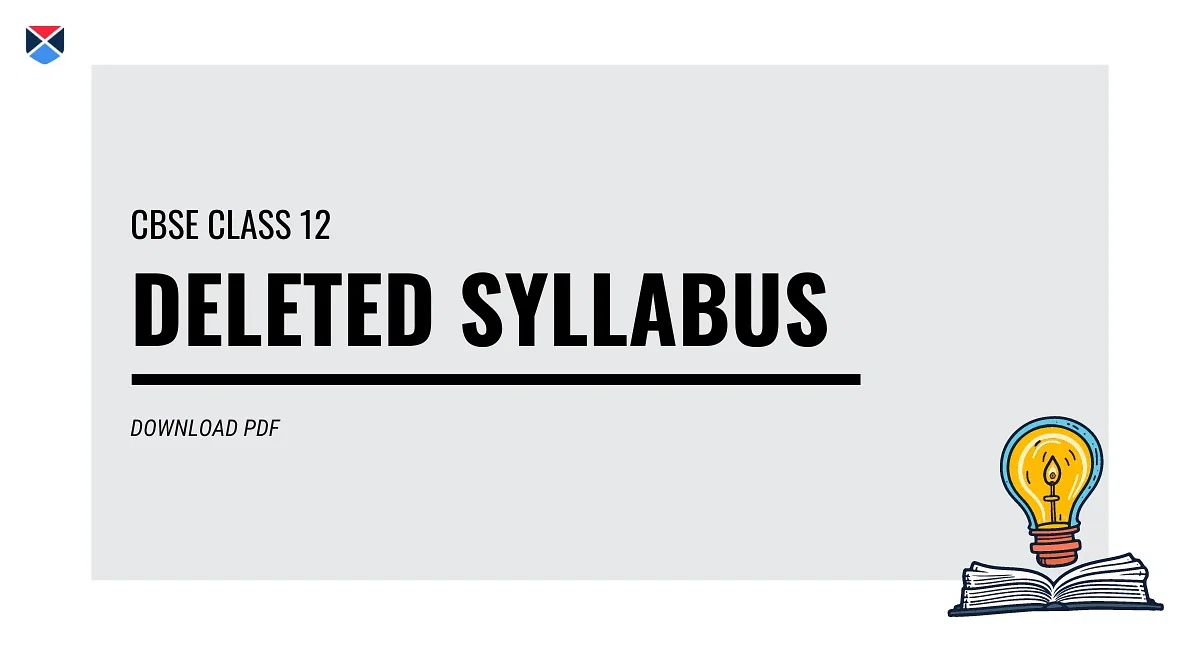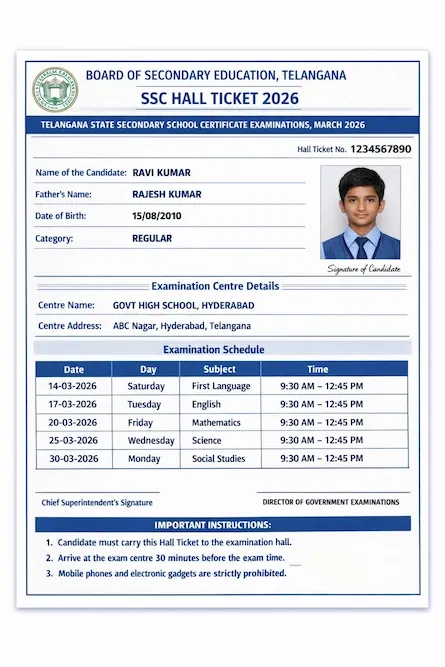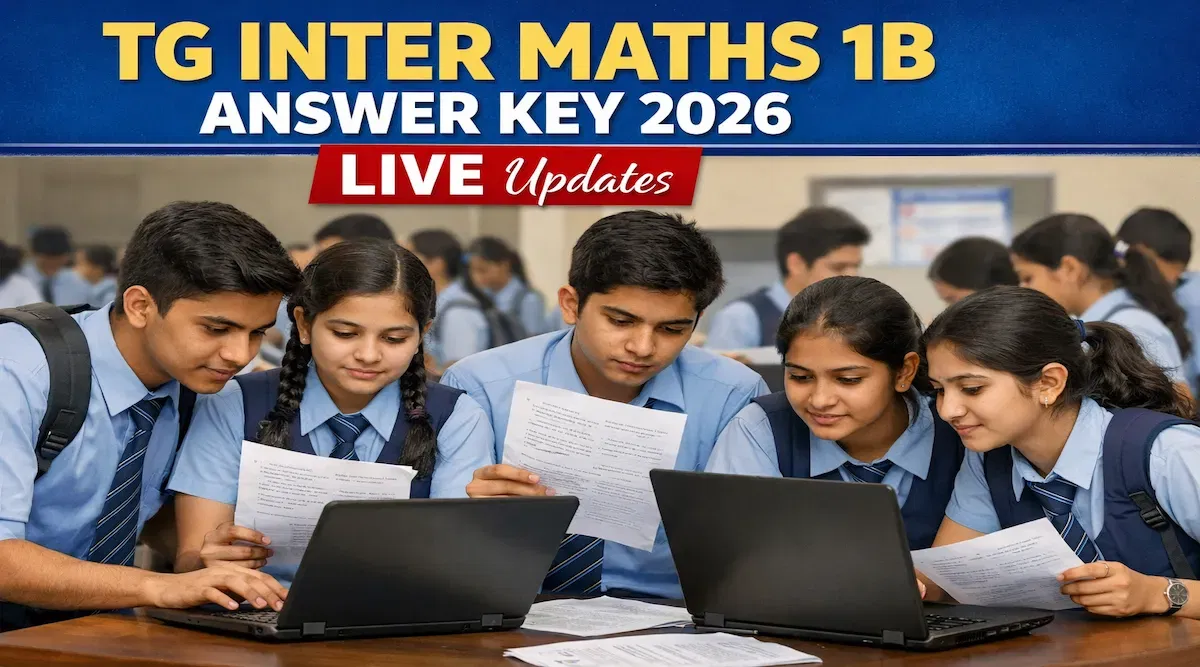CBSE has a more complex, yet practical syllabus, which is ideal for national-level competitive exams. On the other hand, state boards provide higher board exam scores, lower fee structure, and other such features.
Table of Contents
The major differences between the CBSE Board and state boards include distinctions in learning methods, grading system, syllabus, and more. While the CBSE focuses more on conceptual understanding, the primary focus of state boards is on memorising concepts.
A detailed understanding of these features will help you make a decision suited to your needs. This page highlights all the major differences between the CBSE and the state boards, including their merits and demerits, grading system, learning methods, and more.
What is the CBSE Board?
The Central Board of Secondary Education (CBSE) is a national-level education board in India, which is recognised on both a national and international level. The curriculum set by the CBSE Board is uniform across all the affiliated schools in India. It is a preferred choice among students preparing for competitive exams like NEET, JEE, and UPSC.
What is the State Board?
A state board is an educational board specific to a particular state in India. It has its own set of rules, curriculum, and examinations. The Maharashtra State Board and the Bihar State Education Board are some of the examples. The curriculum of these boards is designed as per the cultural, educational, and regional needs of the state. It is a good option for students who either want to puruse their higher education in their own state or appear for state-specific competitive exam.
CBSE vs State Board: Highlights
These are some of the key differences between the CBSE Board and state boards in India:
| Criteria | CBSE | State Board |
| Main Focus | Developing critical thinking skills | Involves rote learning and emphasises the regional language |
| Education System | Uniform across the country | Varies state to state |
| Mode of Language | English and Hindi | English and regional languages. |
| Grading System | CCE grading system | The grading system differs in each state. |
| Updation of Syllabus | Yearly updation | Regular updation |
| Examination | Class 10: All India Secondary School Examination (AISSE) | Class 10: Secondary School Certificate (SSC) |
| Class 12: All India Senior School Certificate Examination (AISSCE) | Class 12: Secondary School Certificate (HSC) |
CBSE vs State Board: Key Differences
These are the key differences between the CBSE Board and state educational boards in India:
Learning Methods
- CBSE: Focused on in-depth understanding of the topic and critical thinking skills, with the help of engagement in fun activities.
- State Boards: Primarily focused on theoretical learning of concepts, enabling you to grasp the essence of important topics.
Syllabus
- CBSE: CBSE syllabus is more concentrated on core subjects like Mathematics, Science, English, Social Science, etc.
- State Boards: Focused on regional topics, regional language, and state-level affairs.
Grading System
- CBSE: CBSE grading system is uniform for all the affiliated schools, given in the table below for reference:
| Marks Range | Grade | Grade Point |
| 91-100 | A1 | 10.0 |
| 81-90 | A2 | 9.0 |
| 71-80 | B1 | 8.0 |
| 61-70 | B2 | 7.0 |
| 51-60 | C1 | 6.0 |
| 41-50 | C2 | 5.0 |
| 33-40 | D | 4.0 |
| 21-32 | E1 | - |
| 00-20 | E2 | - |
- State Boards: While the grading system in state boards differs among different states, given below is an example of the grading system of Kerala State Board:
| Grades | Marks | Description |
| A+ | 90 - Up to 100% | Outstanding |
| A | 80 - Up to 89% | Excellent |
| B+ | 70 - Up to 79% | Very Good |
| B | 60 - Up to 69% | Good |
| C+ | 50 - Up to 59% | Above Average |
| C | 40 - Up to 49% | Average |
| D+ | 30 - Up to 39% | Marginal |
| D | 20 - Up to 29% | Need Improvement |
| E | Below 20% | Need Improvement |
National Recognition
- CBSE: Widely recognised in multiple national and international educational institutions.
- State Boards: Recognised primarily in the regional educational institutions.
Level of Difficulty
- CBSE: Requires a comprehensive understanding of the concepts, making it challenging to score well in the examinations.
- State Boards: Usually involve straightforward questions from reference books, making it easier to score higher in final exams.
Merits and Demerits of the CBSE Board
Check the table below to understand the merits and demerits of the CBSE board:
| Particulars | Advantages | Disadvantages |
| CBSE Board |
|
|
| State Board |
|
|
Also Check: Benefits of CBSE Curriculum
Conclusion
Deciding whether the CBSE Board is better or a state board depends on your career goals and academic needs. While CBSE can be an ideal choice if you want to pursue engineering or medical courses, the state board can help you with state-level competitive exams. You must properly evaluate your academic needs and then choose a board as per your requirements.











































POST YOUR COMMENT